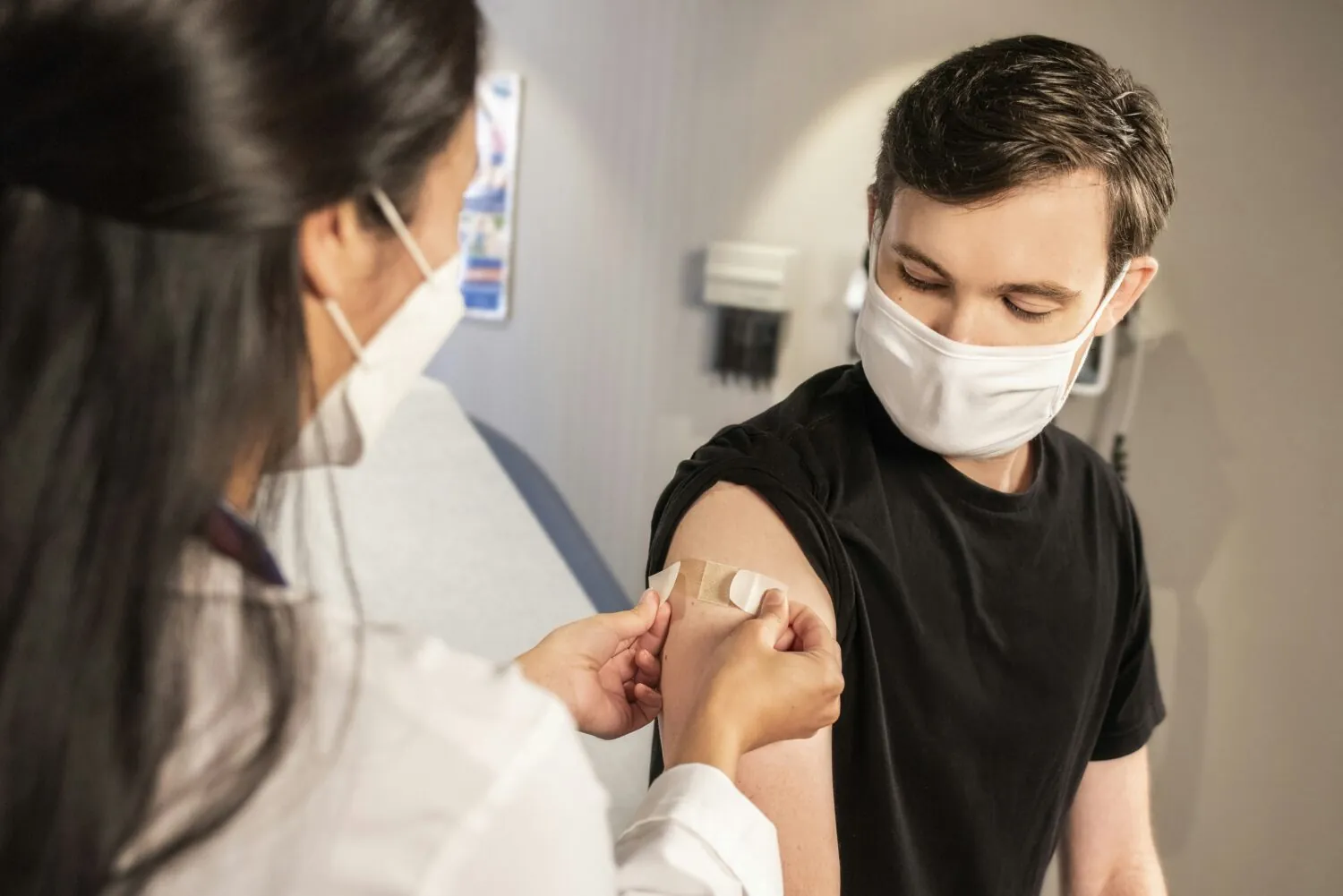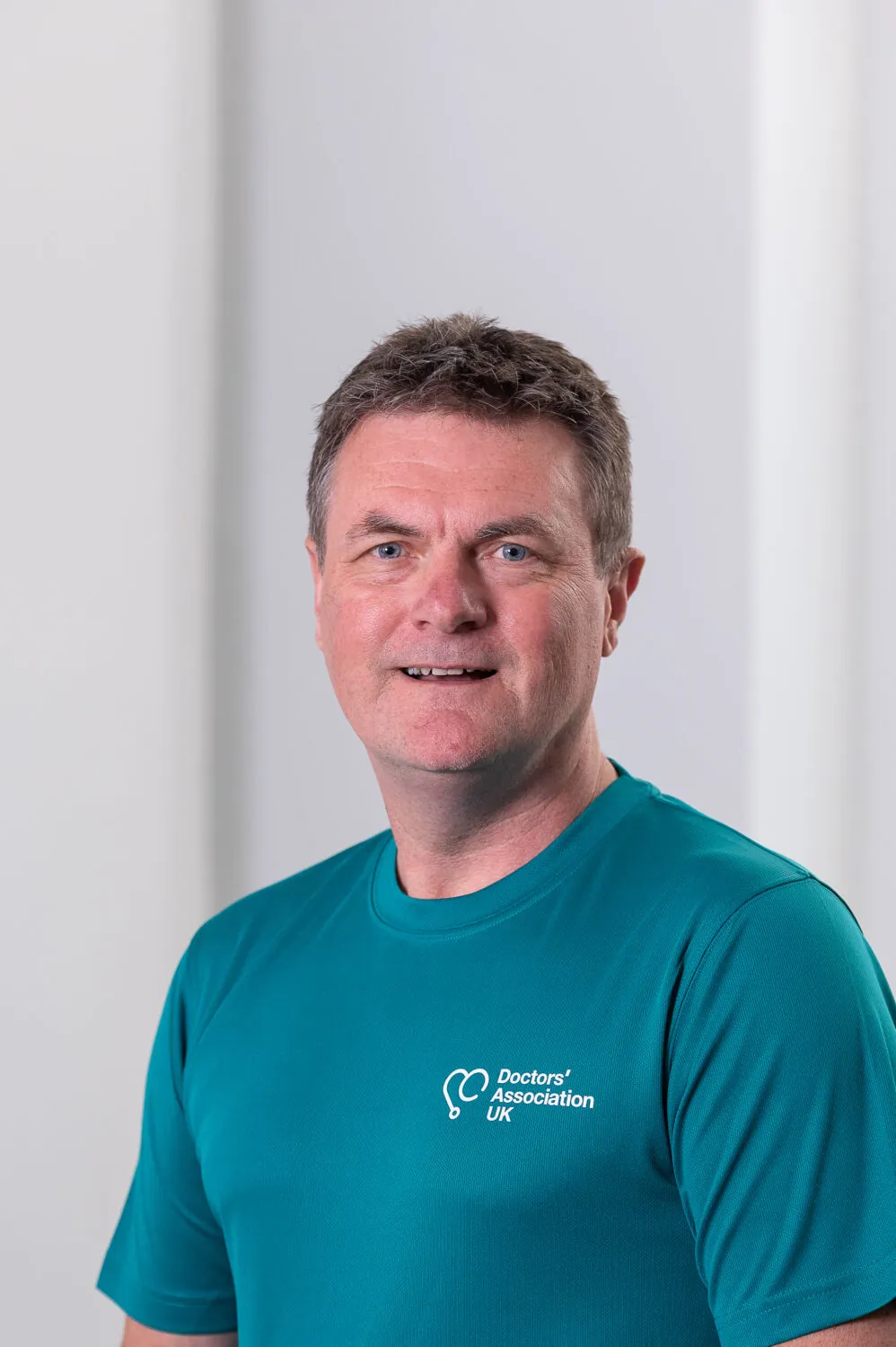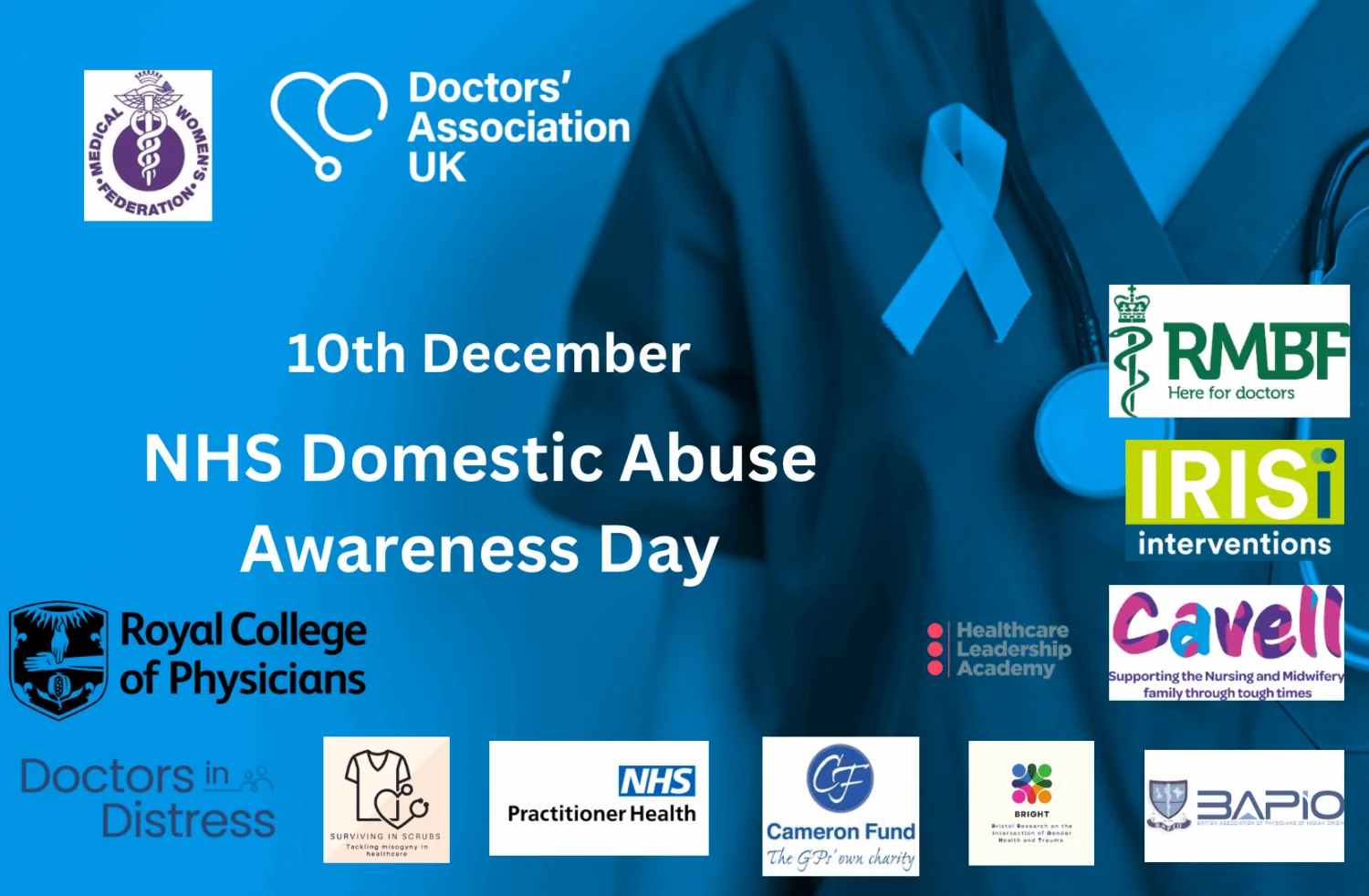The rise in the number of GPs is a step in the right direction, says the Doctors’ Association UK (DAUK) GP committee.
However, the 1,503 extra GPs announced today by the Government is actually 851 full-time equivalents (FTE), the committee said.
Dr Rosie Shire, DAUK GP committee member, said that making ARRS funding available for GPs had played some part in the increase.
But she said limiting the ARRS funding to newly-qualified GPs was creating issues.
Step in the right direction
Dr Shire said: “The increase in GP employment levels is very welcome, and a step in the right direction.
“Making ARRS funding available for GPs has been a helpful part of that.
“However, it is still restricted by the government-imposed red tape, which limits the ARRS GP role to newly qualified practitioners.
“This is of concern as Primary Care Network (PCN) ARRS roles are based across multiple practices.
“This can lead to isolation, a lack of direct support, and difficulties with continuity and follow ups.
“All of these are a vital part of being a GP, and even more important for newly-qualified GPs.
Qualified GPs
“And it also doesn’t help with jobs for GPs who qualified more than two years ago.
“Ultimately, the 1,500 figure is actually only 851 FTE GPs, and still leaves us more than 1,000 FTE GPs shorter than in 2015.”
DAUK GP committee members were speaking after the Government announced an extra 1,503 GPs have been recruited since 1 October.
Health secretary Wes Streeting said: “By cutting red tape and investing more in our NHS, we have put an extra 1,503 GPs into general practice to deliver more appointments.
“The extra investment and reforms we have made will allow patients to book appointments more easily, to help bring back the family doctor and end the 8am scramble.
National Insurance increase
“It is only because of the necessary decisions we took to increase employer National Insurance that we are able to recruit more GPs and deliver better services for patients.”
However, Dr Shire said the rise in National Insurance for general practice was taking money away.
She said: “A large portion of the extra money the Government announced is going back to the Treasury and away from practices and their patients in National Insurance hikes.”
Dr Ellen Welch, DAUK vice chair and a GP in Cumbria, said it was welcome news that GP numbers were up.
She added: “It’s something we can build on.
Out of work GPs
“But there are still lots of GPs who are out of work or short of work, which is a scandal at a time when we’re crying out for GPs.
“DAUK continues to call for practices to be able to use the ARRS funding in the best way for them, without the current red tape that prevents them from employing experienced GPs.”
Dr Steve Taylor, DAUK GP spokesperson, said: “It’s good that GP numbers are up, but there is still some way to go to reach the targets of required GP numbers, which were projected 10 years ago.
“We’re still 7,000 short of that number and only making ARRS funding open to GPs up to two years post their CCT is not ideal, to say the least.
“Although numbers of fully employed GPs are up, there has been a similar fall in the partly employed ad-hoc locum numbers which means overall access to GPs for patients hasn’t increased significantly.”
Please support our work by contributing to our crowd funder or by becoming a member.





